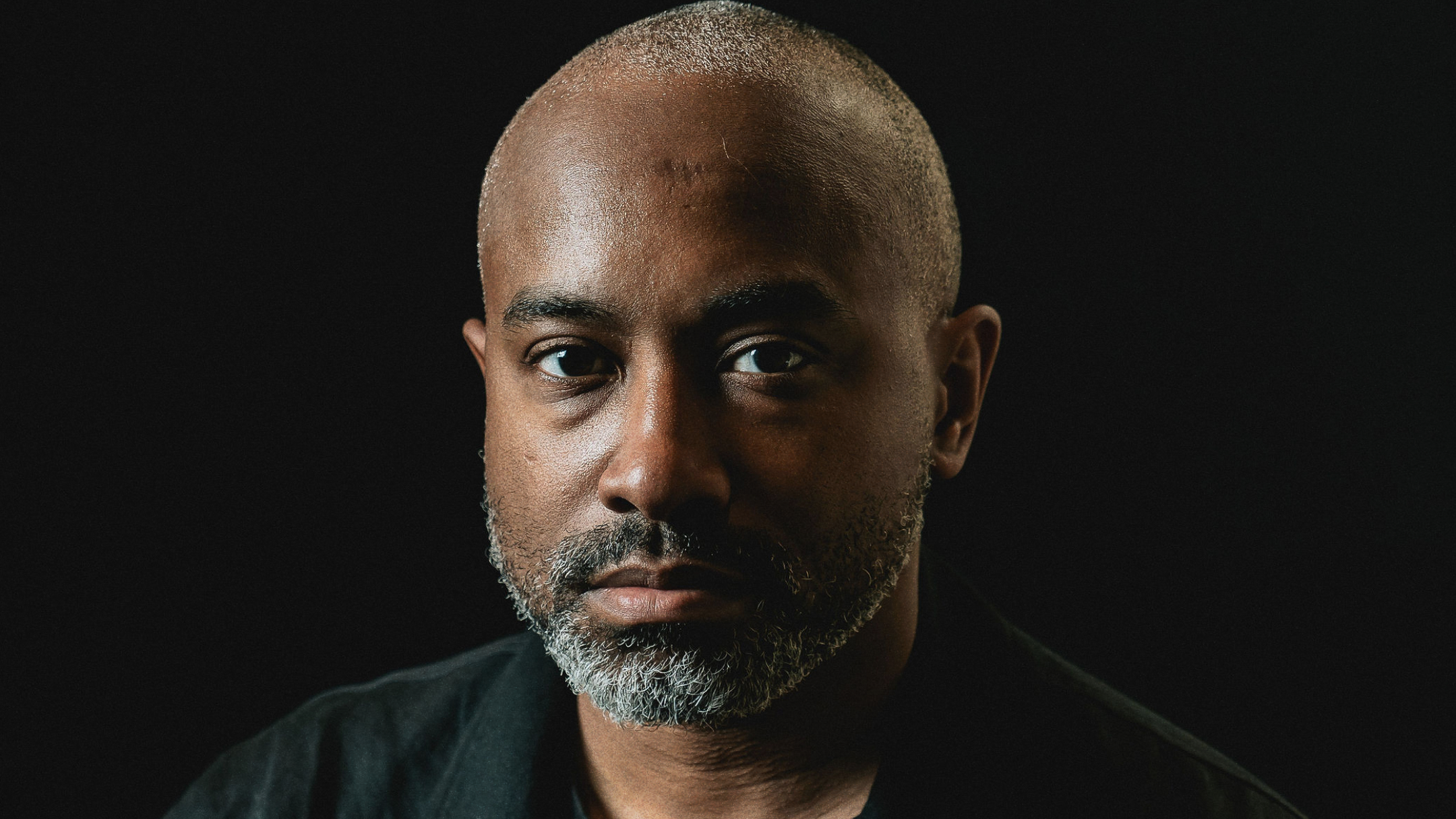Time well spent?

“Startups are all-consuming. If you start a startup, it will take over your life to a degree that you cannot imagine.” — Paul Graham
As a startup founder, there’s always another fire to put out. Context-switching between functions and priorities is the job. But in the midst of working in the business day-in and day-out, founders often lose track of the one thing they can’t get enough of: time.
Studies show productivity per hour drops sharply after about 50 hours, yet many founders log 60+ each week. (100 hours isn’t unheard of!) More hours doesn’t always mean more progress, especially if those hours are spent on the wrong things. Moreover, reactive time spent putting out fires or just responding to the miscellany at hand may feel productive, but it often blocks space for the bigger-picture work like making major product decisions, telling the company’s story, and growing in priority markets.
Reflecting on how your time is spent is essential. So we built the “Time well spent?” worksheet to help you see where your hours really go, and whether they align with what you feel you should be doing. Use it whenever you need to pause, recalibrate, and make sure your calendar matches your priorities.
Prefer to turn real pages? We've got just the thing for you.

Why reflection and time management matter for founders
“People spend too much time doing and not enough time thinking about what they should be doing.”
— Naval Ravikant
The decisions founders face shift constantly, and it’s easy to get stuck in the weeds of tasks that don’t meaningfully move the business forward. Reflection helps you step back and ask:
- Is this work advancing the larger vision?
- Is this work I should be doing — or something that could be delegated, deferred, or rethought?
Some founders actually schedule time for reflection as deliberately as they would a board meeting. Marc Andreessen, co-founder of a16z, is known to block out time for deep thinking and even rest — treating it as work that enables better decisions later. This kind of structured pause can feel counterintuitive when the list of urgent tasks seems to never end, but it can also allow leaders to see a few steps ahead rather than staying stuck in reaction mode.
Research from Kellogg shows that leaders who reflect regularly improve self-regulation, decision quality, and team trust; Harvard Business School echoes this, noting that reflective leaders build resilience and catch missteps earlier. Ultimately, reflection tends to help founders think with clarity and lead with intention.
Owning your time creates leverage
Protecting your calendar is about making time for doing the work that matters most. As Pete Flint, founder of Trulia and general partner at NFX, puts it:
“For founders, time is always in short supply. Being deliberate about how you spend it is an enduring, daily challenge.”
It can feel uncomfortable to be critical of where your time is going when so much needs doing. But when you take a closer look at it all and set boundaries around what only you can do, and give others space to run with the rest, you can give your team the opportunity to step up, while preserving your energy for the decisions that shape the company’s future.
When you take ownership of your time, three powerful shifts can happen:
- You move toward anticipation over reaction, creating space to spot challenges before they escalate.
- You can lead with intention, giving your team clarity, vision, and support.
- You model discipline, helping shape a culture that values focus and plays to people’s strengths.
Pause and reflect with the worksheet
The “Time well spent?” worksheet is a short exercise to help you audit your calendar, track your energy, and evaluate how well your time aligns with high-leverage work. In it, you’ll find prompts and frameworks to:
- Audit your week: Map out where your hours actually go versus where you want them to go.
- Identify high-leverage decisions: Clarify what only you can do and what could be delegated.
- Track energy and focus: Note when you’re most engaged or drained, and link those patterns to tasks.
- Set rhythms and boundaries: Create a structure that aligns with your values and vision.
Even a quick 10-minute reflection can help you recognize patterns, adjust your focus, and re-align your energy with the work that truly moves the needle.
Give your time the clarity it deserves.




